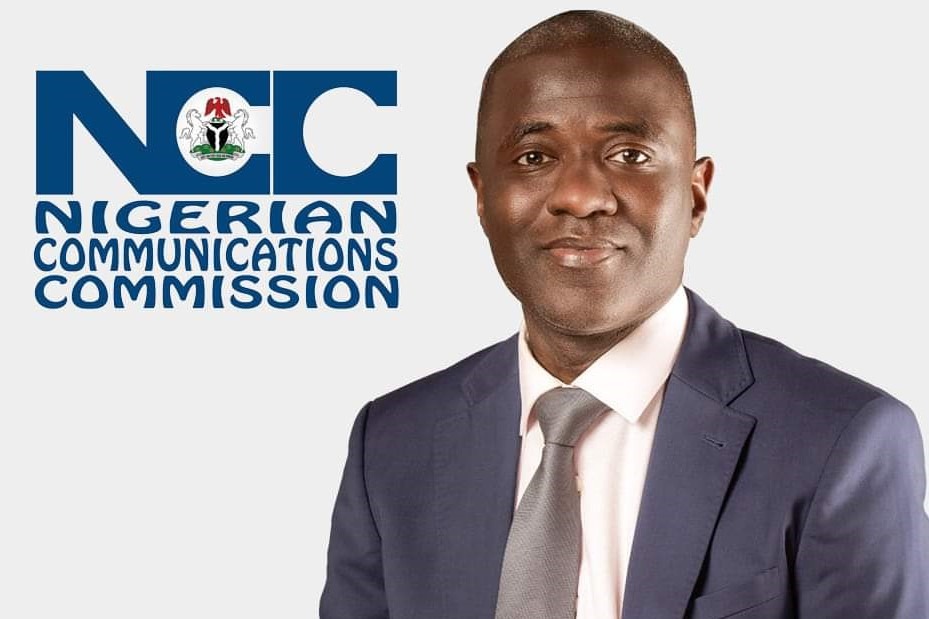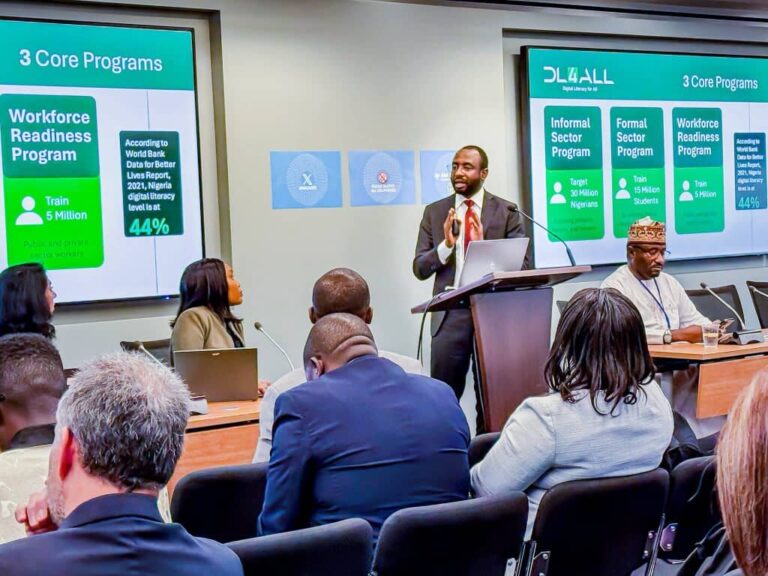NCC’s Suspension of Certain Telecommunications Licences

The Nigerian Communications Commission (NCC) temporarily suspended license issuance in three telecom categories. The suspension of these licences might raise eyebrows. However, facts have emerged on why the regulatory body took the decision.
The three categories of licences suspended are Value Added Services (VAS) Aggregator Licences, Interconnect Exchange Service Licences and Mobile Virtual Network Operator (MVNO) Licences. NCC seeks to assess market saturation, competition dynamics, and potential service improvement opportunities within these categories
Techtrends findings revealed that reasons why the telecom regulator took the decision that was made public recently are to enhance competitiveness, and create sustainability in the industry. The review aims to create a more level playing field for existing licensees and encourage better service delivery, and ensure the long-term viability of different players within each service category.
Further discoveries indicated that the commission already has enough licensees in each of these categories to take care of the needs of the industry. They considered that the segment is saturated. Thus, a review is needed to tackle competition issues and reposition the licensees for better service delivery.
“As a Commission, our role is to ensure they can compete and provide better services to the industry,” a source who should know about the matter told Techtrends.
NCC is empowered by the Nigerian Communications Act 2003, to grant and revoke licences. It also has the power to suspend the issuance of these licences.
The length of the suspension, according to findings would depend on the conclusion of a review that would be done in consultation with industry stakeholders.
Here are what the licences do
- Value Added Services (VAS) Aggregator Licences: These licences bridge the gap between content providers and mobile network operators (MNOs). The NCC is reviewing the market to address potential saturation and ensure effective competition.
- Interconnect Exchange Service Licences: These licences facilitate voice call routing between MNOs and smaller operators. The review aims to tackle interconnect indebtedness and potential misuse for SIM boxing and call refiling.
- Mobile Virtual Network Operator (MVNO) Licences: MVNOs resell mobile services using existing MNO infrastructure. The NCC is assessing the market performance of the already issued 43 MVNO licences.
Meanwhile, the regulatory body has assured that the suspension will have minimal impact on industry operations as there are already sufficient licensees in each category. It also argued that it signifies a proactive approach to creating a more sustainable and competitive telecom environment for future investments.
“Overall, the NCC’s suspension aims to foster a healthy telecom industry that benefits both existing players and potential investors,” the source added.
Before the issuance of the suspension, NCC had carried out a benchmarking exercise with some jurisdictions across the world, and it was observed that there may be currently more VAS Aggregator Licensees than may be required.
Currently, there are forty-nine (49) VAS Aggregator Licensees in the country. So there is the concern of saturation, with not enough market for the aggregators due to “over-supply. This has also led to an increase in several aggregators with difficulties interconnecting with the four (4) Mobile Network Operators (MNOs).
Also, Interconnect Exchange Licensees facilitate the interchange of voice calls among networks. The original goal of introducing this licence category was to encourage interconnection for smaller players and reduce interconnect indebtedness in the telecom sector. While these IES licensees have positively contributed to the interconnectivity of smaller operators, the issue of interconnect indebtedness has persisted in the industry.
Cases of SIM Boxing and Call Refiling have also become a major issue impacting the Licensees in this sub-segment as well as MNOs that serve as the major terminating points of voice traffic in Nigeria.
Reports show that some of the licensees under this category also have other licensees to terminate traffic internationally. Some are suspected of abusing this for SIM boxing and Call Masking to terminate international traffic as local calls. With this, they take away revenue that should ordinarily accrue to the operators.
There are currently thirty-seven (37) Interconnect Exchange Service licensees transiting traffic mainly to and from four major MNOs in the country.
For Mobile Virtual Network Operators, a significant number of licensees (43) have been granted; the Commission is assessing the market to see how it evolves and performs.
Some of the question on the lips of industry watchers are:
Why did the commission start issuing them in the first place?
The Nigerian Communications Act, 2003 has provided broad objectives for setting up the Commission, which principally is to facilitate the provision of communications facilities and access to communications services in Nigeria. The Act further enumerates the functions of the Commission, including among other things, the issuance of licences to private companies for the provision of telecommunications services.
The MVNO licences were issued to deepen competition in the marketplace, expand coverage to rural areas, and increase market efficiency for different market niche segments.
IES licences, also referred to as interconnect clearing houses, were issued to facilitate the interconnection of smaller operators to bigger operators, while ensuring that smaller operators do not incur huge costs. Their licences were also issued to improve and streamline voice call routing within the industry, streamline the interconnect invoice settlement for smaller operators, and increase the resilience of the interconnect segment of the industry.
VAS Aggregators licences were issued to bridge the existing gap between Content Providers, subscribers and their operators. Operators are not allowed to distribute Value Added Services to their subscribers directly, thus a VAS aggregator provides the link between the operators and the content service providers. VAS Aggregators are expected to provide simplified, direct and secure connections to content and application providers for access to all network operators that can transmit Value Added Services to end-users.
Did these licence categories fail?
No, they did not fail. A lot of them are providing services, particularly the aggregators. The prospects of the MVNOs are also there; the NCC has provided regulatory clarity on the relationship between MNOs and MVNOs, with progress expected to be seen soon.
Is this suspension a result of general challenges in the industry?
No, it is not. The temporary suspension was to ensure the sustainability of the various players within the various segments. In other words, the suspension was carried out to enhance the industry’s vibrancy.
Should potential investors in the telecommunications industry be worried about this suspension?
No, they shouldn’t. There is no cause for worry. The suspension of these licences should be seen from the perspective that it is meant to improve the sustainability of the various sub-segments in which these licensees operate. The Commission is on top of the industry and has undertaken this intervention to create a more conducive atmosphere for competition and ensure the survival of every player in the industry.







